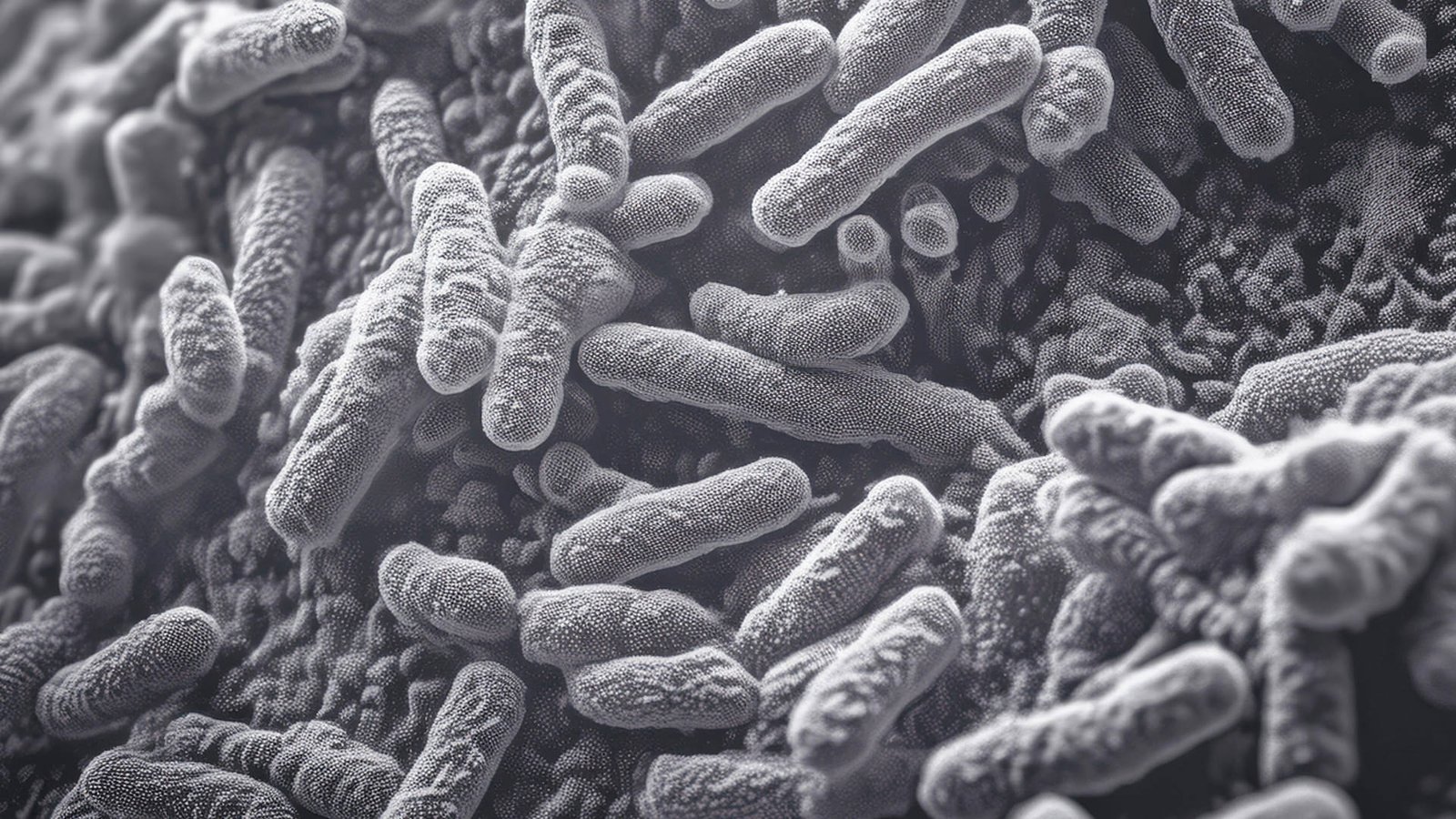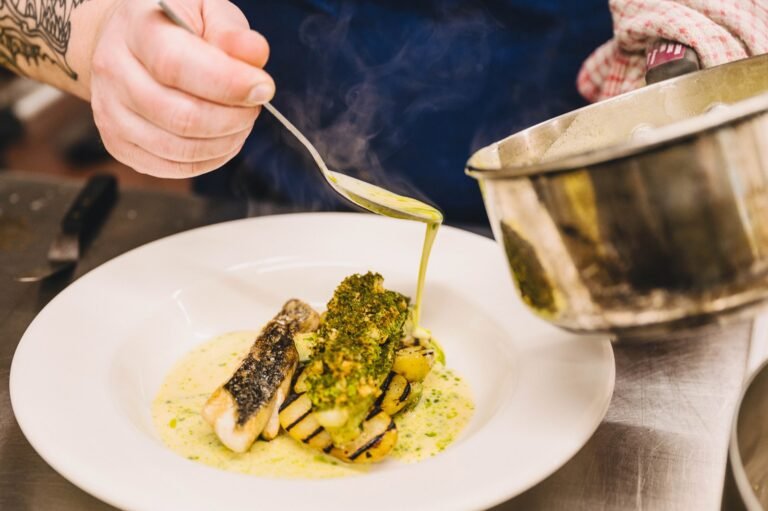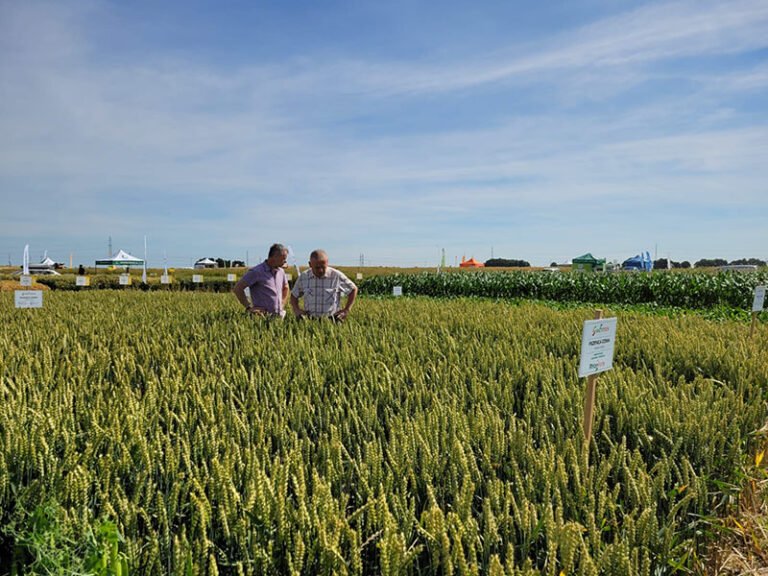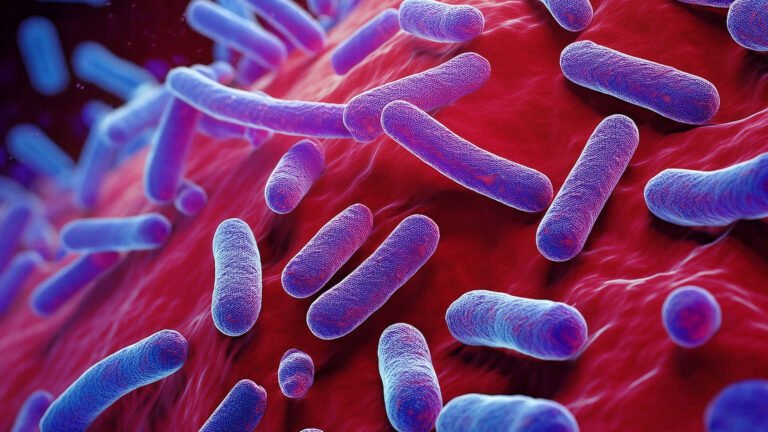Meet Bacillus mojavensis – A Natural Ally in Your Soil
In the search for healthier soils and stronger crops, Bacillus mojavensis is earning attention for all the right reasons. This hardy, soil-dwelling bacterium doesn’t just survive harsh conditions, it actively supports plant growth and fights disease. Farmers around the world are now turning to B. mojavensis as a safe, natural alternative to chemical treatments.
Looking for a natural way to boost your crops, fight disease, and thrive in tough soils?
Bacillus mojavensis is your farm’s secret weapon.
A hardy microbe that not only protects plants but also helps them grow stronger, even under stress.
Let’s dig into how this unsung hero of the soil is making a big difference on real farms.
Unlike synthetic pesticides or fertilisers, B. mojavensis works in harmony with your crops. It lives quietly in the root zone or even inside the plant itself. There, it boosts nutrient uptake, strengthens roots, and produces natural compounds that protect against fungal pathogens and stress.
In this article, we’ll explore how Bacillus mojavensis works, where it thrives, and why it may be the next must-have tool in sustainable arable farming.
What is Bacillus mojavensis?
Bacillus mojavensis is a plant-friendly bacterium found in soil, especially in dry or saline environments like deserts. First isolated from the Mojave Desert, this microbe is known for its ability to survive tough conditions. But more importantly, it helps plants grow stronger and stay healthier.
It belongs to the Bacillus subtilis group, which means it shares many traits with other well-known biofertilising bacteria. However, B. mojavensis stands out thanks to its strong antifungal abilities and natural tolerance to environmental stress.
Unlike some bacteria that live only in the soil, B. mojavensis can also live inside plant tissues as an endophyte. This gives it a unique advantage: it protects crops from the inside out, boosting growth while defending against diseases.
Key Facts about Bacillus mojavensis
Promotes plant growth via auxin and gibberellin production
Solubilises phosphorus for better nutrient uptake
Produces VOCs that inhibit fungi like Fusarium and Botrytis
Enhances drought and salinity tolerance in crops
Forms biofilms to protect roots and improve soil microbiology
Proven to increase yields in wheat, maize, tomatoes, and more
Naturally suppresses harmful pathogens
Fully compatible with sustainable and organic farming systems
Key Characteristics:
- Endophytic behaviour – Lives inside plant roots, stems, or leaves.
- Antifungal protection – Produces compounds like surfactin and fengycin that fight harmful fungi.
- Stress tolerance – Survives high salinity, drought, and heat, helping crops do the same.
- Promotes plant health – Improves nutrient uptake, especially under stress.
Thanks to these traits, Bacillus mojavensis is gaining interest in sustainable and organic farming practices, especially where soil conditions are less than ideal.
Natural Disease Fighter: How Bacillus mojavensis Protects Your Crops
One of the biggest strengths of Bacillus mojavensis is its biocontrol power. In plain terms, it helps protect plants from diseases, especially those caused by fungi, without the need for chemical fungicides.
How It Works
Instead of attacking pathogens directly with chemicals, B. mojavensis produces natural antimicrobial compounds. These include:
- Surfactin
- Fengycin
- Iturin
These molecules disrupt the membranes of harmful fungi like Fusarium, Alternaria, and Botrytis. As a result, the fungi can’t grow or infect the plant. What’s more, these compounds don’t harm the plants or the environment.
In studies, B. mojavensis has shown excellent results controlling diseases like:
- Fusarium root rot in tomatoes, maize, and beans
- Botrytis grey mould in strawberries and grapes
- Anthracnose in peppers and cucurbits
Even better, B. mojavensis can also trigger the plant’s own immune system, a process known as Induced Systemic Resistance (ISR). This gives crops long-lasting protection, even if the bacterium is no longer present in large amounts.
Why It Matters
Fungal diseases are among the most damaging crop threats worldwide. Chemical fungicides are costly and can lead to resistance over time. By using B. mojavensis, farmers get a safe, sustainable alternative that works naturally.
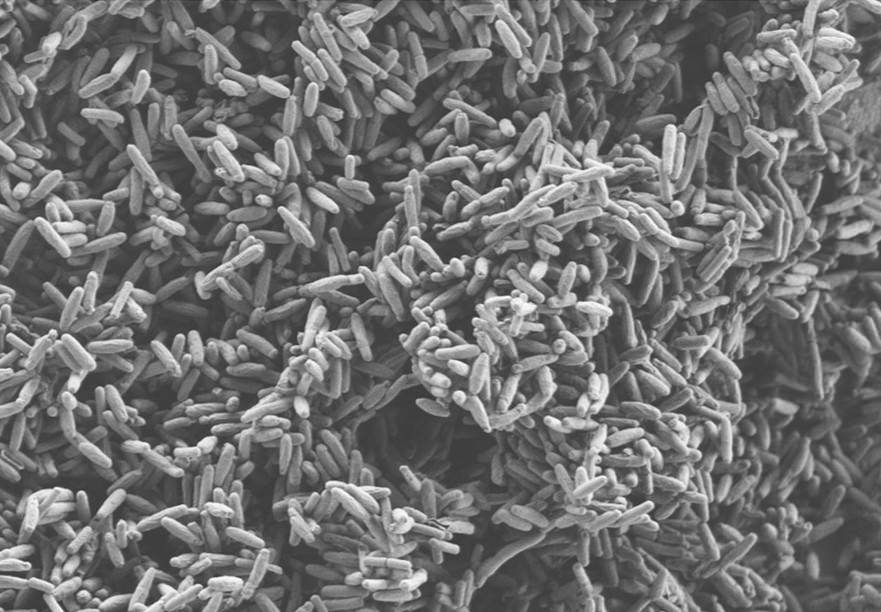
Powerful VOCs for Soil and Plant Health
One of the standout qualities of Bacillus mojavensis is its ability to produce volatile organic compounds (VOCs). These are tiny, airborne molecules that can boost plant health, improve soil function, and fight off harmful microbes, all without direct contact.
What Are VOCs and Why Do They Matter?
VOCs act like chemical messengers in the soil. When released by B. mojavensis, they can:
- Stimulate plant root growth, helping crops take in more water and nutrients.
- Suppress harmful fungi and bacteria, even at a distance.
- Change the behaviour of surrounding microbes, encouraging a healthier microbial balance in the rhizosphere (the soil around the roots).
For example, B. mojavensis releases compounds like 2,3-butanediol, acetoin, and dimethyl disulfide, which are known to:
- Improve photosynthesis and chlorophyll production in crops.
- Increase plant resistance to drought and salt stress.
- Boost the uptake of key nutrients like phosphorus and nitrogen.
A Natural Boost for the Entire Field
What makes VOCs so special is their mobility. Unlike many biofertilisers that act only at the point of application, these compounds can travel through the soil and air, helping nearby plants as well.
Moreover, because VOCs don’t leave chemical residues, they’re safe for pollinators, animals, and the environment. This makes B. mojavensis a perfect fit for regenerative and organic farming systems.
Supports Post-Harvest Crop Quality
While many beneficial bacteria help plants grow, Bacillus mojavensis goes a step further. It doesn’t just improve crop health during the season, it also helps maintain quality after harvest.
Longer Shelf Life, Less Waste
Studies show that B. mojavensis can reduce post-harvest fungal infections on fruits and vegetables. This is mainly due to the antifungal compounds it produces, such as surfactins and fengycins. These compounds help crops resist spoilage during storage and transport.
As a result, farmers using B. mojavensis have seen:
- Fewer rotten or mouldy crops
- Longer shelf life for fruits and vegetables
- Better appearance and firmness of produce at market
Healthier Produce for Consumers
In addition to reducing waste, B. mojavensis can also enhance nutritional quality. Some trials suggest it may help boost antioxidant levels and improve flavour in treated crops.
This makes it not only good for the planet but also better for customers, especially when selling at farmers markets or into high-end supply chains.
Salinity & Stress Tolerance
Modern farming is no stranger to tough conditions, whether it’s salty soils, drought, or nutrient-poor fields. This is where Bacillus mojavensis truly shines.
Thrives Where Others Struggle
Unlike many microbes that lose effectiveness under stress, B. mojavensis actually performs better in challenging environments. It has been shown to improve plant performance in:
- Saline soils, where high salt levels normally restrict growth
- Drought-prone regions, by supporting stronger root systems
- Heat-stressed areas, helping plants stay green and productive
How Does It Work?
This powerful bacterium produces osmoprotectants, molecules that help plants retain water and stay hydrated under dry or salty conditions. At the same time, it stimulates the production of antioxidant enzymes, which protect cells from stress damage.
As a result, crops treated with B. mojavensis are more likely to:
- Survive in harsh soil environments
- Produce stable yields despite water shortages
- Bounce back faster after environmental stress
A Natural Stress Shield
In simple terms, using B. mojavensis gives your crops a kind of “natural armour” against the most common stressors in the field. That means fewer losses and more reliable harvests, even in unpredictable weather.
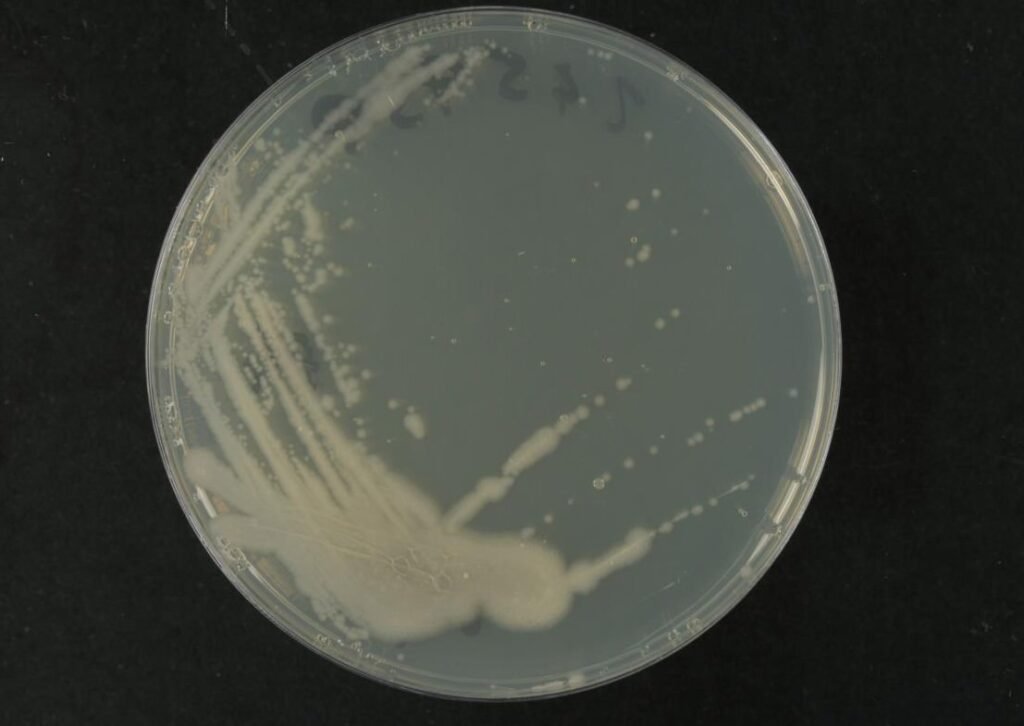
Adaptable & Farmer-Friendly
One of the biggest advantages of Bacillus mojavensis is how easy it is to work with. Whether you’re running a large-scale arable operation or a small regenerative plot, this bacterium fits right in.
Works in Many Systems
Unlike some microbes that only perform well in specific soils or climates, B. mojavensis is highly adaptable. It thrives in a wide range of conditions, including:
- Sandy or clay-rich soils
- High or low pH environments
- Conventional, organic, or no-till systems
Thanks to its spore-forming ability, it can survive long storage and harsh conditions, making it ideal for use in commercial formulations.
Easy to Apply
B. mojavensis can be applied through:
- Seed treatments
- Soil drenches
- Foliar sprays
- Drip irrigation systems
This flexibility makes it practical for everyday use. Farmers don’t need specialised equipment, and it integrates well into existing routines.
Safe and Sustainable
Importantly, this bacterium is non-toxic, GMO-free, and considered safe for humans, animals, and pollinators. That means you can boost your yields without compromising the environment, or your peace of mind.
Field-Proven Benefits at a Glance
Scientific research and field trials continue to show that Bacillus mojavensis delivers measurable results across different crops and climates. Below is a quick summary of what this incredible microbe can achieve on real farms.
| 🚜 Outcome | 🌾 Observed Benefit |
|---|---|
| Antifungal activity | Reduced plant pathogens by around 40% when applied at concentrations of 3,000 ppm. |
| Post-harvest protection | Decreased tomato fruit decay by 93–98%, keeping crops market-ready for longer. |
| Plant growth boost | Increased chlorophyll content, root biomass, and overall growth in treated crops. |
| Stress resilience | Improved resistance to salinity and wilting, especially in crops like cotton. |
| Sustainable production | Lowered dependency on chemical fungicides, helping farms transition to eco-friendly methods. |
Summary
Bacillus mojavensis is a powerful plant growth-promoting bacterium (PGPB) known for its ability to support healthy crops through multiple mechanisms. It improves root development, enhances stress tolerance, produces antimicrobial compounds, and forms protective biofilms around roots. Farmers using B. mojavensis have seen increased yields, stronger root systems, and fewer fungal infections, all without relying on synthetic chemicals.
Its versatility is backed by research showing it works in a wide range of crops, from wheat to maize and tomatoes. Whether you’re aiming to reduce inputs, improve soil health, or adopt regenerative practices, this microbe offers a proven, farmer-friendly tool for sustainable agriculture.
📣 Call to Action
Ready to boost your soil and crop health with nature’s own solution?
🌾 Try BactoTech’s Bacillus-powered bioformulations today.
Explore our full range of certified, farmer-tested products designed for arable crops, organic systems, and regenerative practices.
📩 Get in touch | 📍 Find us at Groundswell!
Scientific References & Further Reading
To support everything shared in this blog, we’ve drawn from a wide body of peer-reviewed research and scientific publications on Bacillus mojavensis and its agricultural potential. If you’d like to explore the science in more detail, here are the key sources:
🔬 Peer-Reviewed Studies & Articles:
- ACS Omega: Antifungal compounds from B. mojavensis
- Frontiers in Microbiology: VOC-mediated plant growth and pathogen control
- Phytopathology Research: Biocontrol activity against Fusarium
- Springer: Role of PGPR including B. mojavensis in sustainable agriculture
- BioConferences: Biocontrol potential of B. mojavensis in cereal crops

